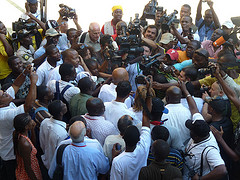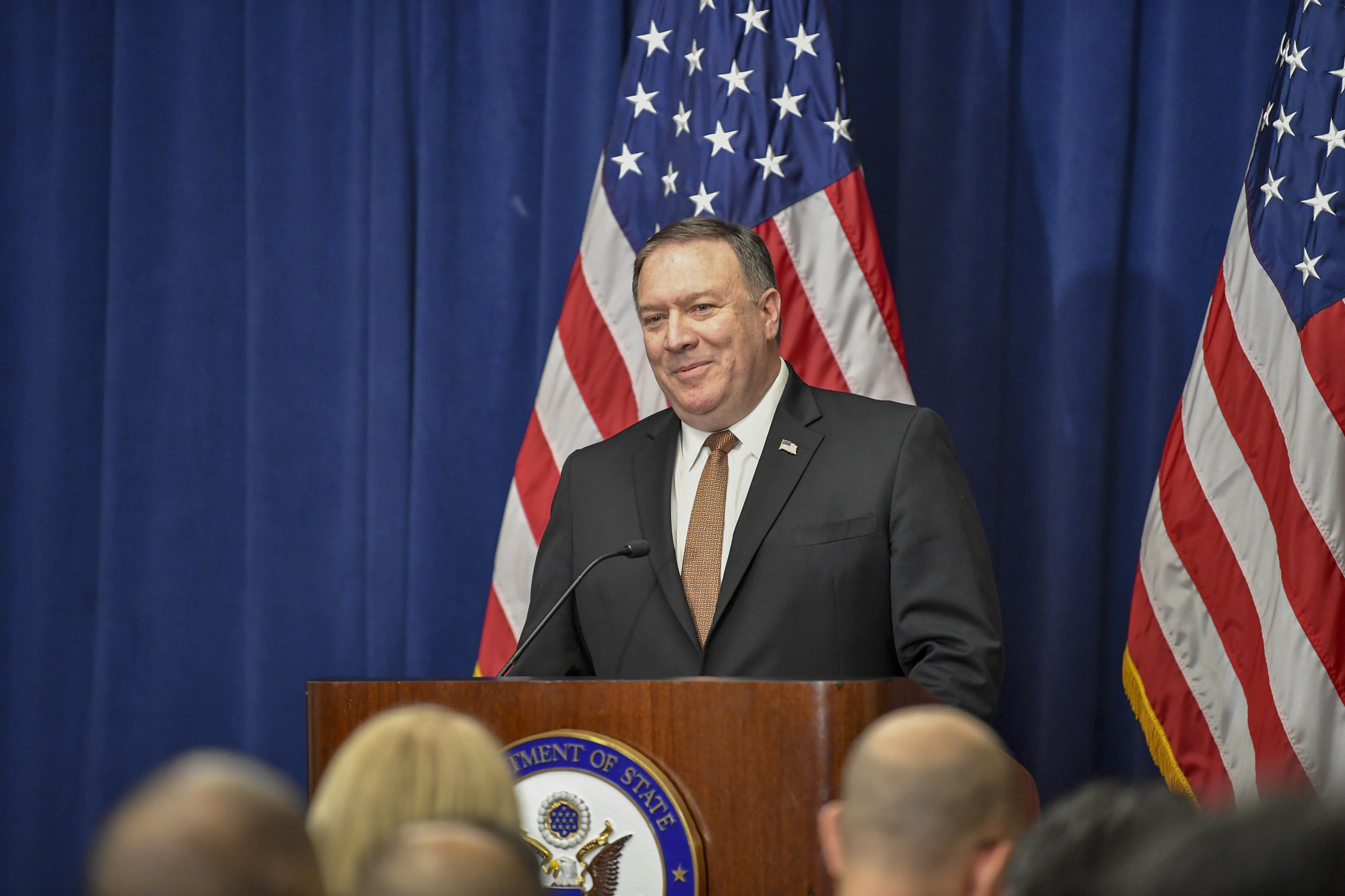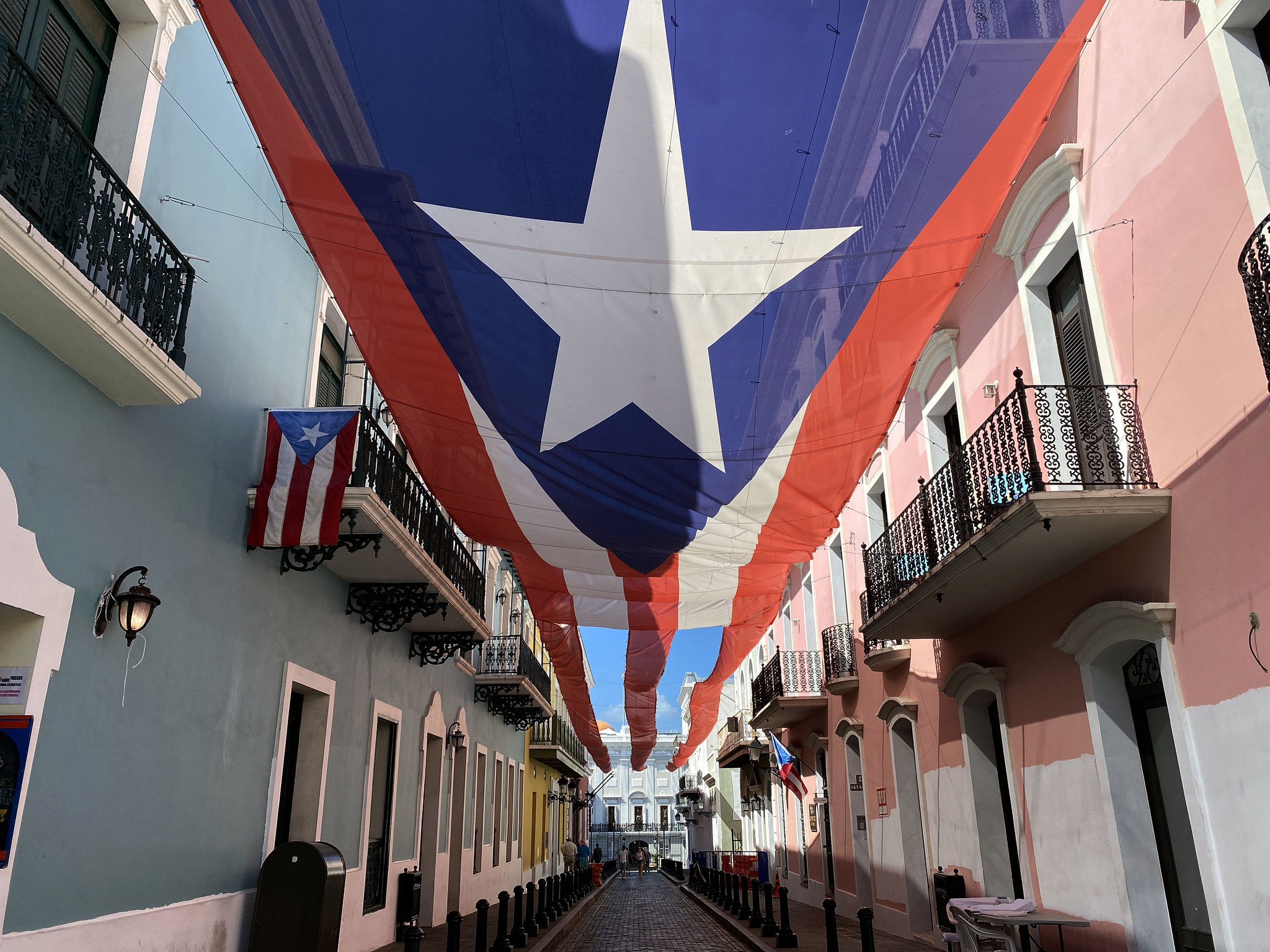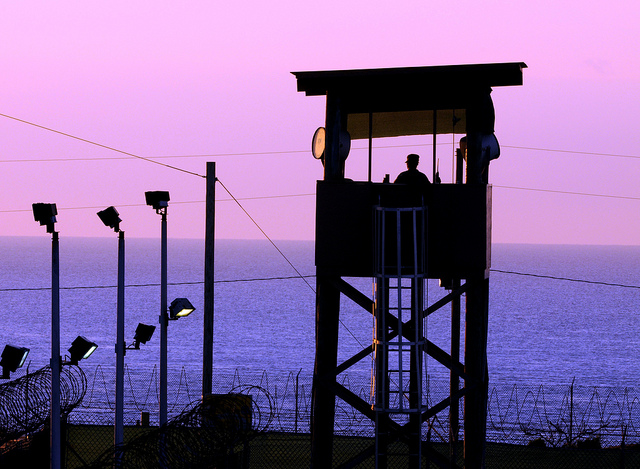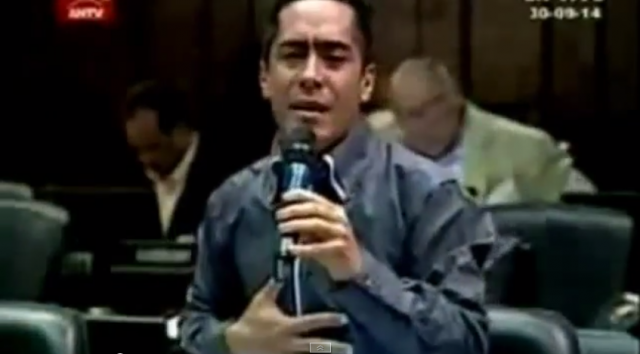
Brazil, Latin America: Week in Review, Southern Cone
Religion Increasingly Important as Brazilians Head to the Ballot Box
October 2, 2014 By Staff
Top Story — In anticipation of Sunday’s presidential election in Brazil, heated campaigns are demonstrating the increasing political clout evangelical churches wield as religious demographics shift in the country.
Just three decades ago, evangelicals were only a tiny fraction of the population. Now, they comprise almost one-fifth of the electorate, and their influence is visibly affecting candidates’ campaigns. Secular presidential incumbent Dilma Rousseff has begun quoting Bible verses, while her Pentecostal challenger Marina Silva has tried to present herself as less religious to avoid alienating liberals.
Social issues like gay marriage and abortion have become increasingly important as a result of this demographic change. In early September, Silva took only 24 hours to retract her support of expanded LGBT rights after prominent Pentecostals like pastor Silas Malafaia accused her of supporting the “gay activist agenda.”
However, although Silva herself is Pentecostal, many evangelicals in Brazil are of low socioeconomic status, and thus more likely to support Rousseff’s Workers Party.
Indeed, polls are beginning to show Rousseff widening her lead over Silva despite earlier, less decisive prognostics. A recent poll by Ibope predicts Rousseff winning with 42 percent in a runoff, compared to Silva’s 38 percent. Just a week prior, Ibope showed the two candidates running even.
The issue of religion will continue to impact Brazilian politics. The Pentecostal movement is booming among low-income Brazilians, and evangelicals are expected to become a majority in Brazil by 2050.
Headlines from the Western Hemisphere
North America
- A girl who has been missing for 12 years after an alleged kidnapping by her mother was recovered in Mexico. The mother has been arrested.
- Mexican authorities are confident they have captured drug lord Beltran Leyva, marking another victory for the government in their fight against cartels.
- The Huffington Post has organized a timeline of official statements regarding the slaying of 22 suspected gunmen in Mexico.
Caribbean
- Cuba is considering an increase in the number of local peso bills in circulation in anticipation of the government’s plan to eliminate the country’s unique dual-currency system.
- Thousands of supporters of former Haitian President Jean-Bertrand Aristide clashed with riot police yesterday, which marked the anniversary of the 1991 military coup that forced Aristide out of office.
Central America
- The worst drought in 50 years has pushed Costa Rican President Luis Guillermo Solís to declare a state of emergency in several provinces accross the country.
- Despite announcing a new program on Tuesday that allows Central Americans to apply for asylum from their home countries, Vox reports that the program will have minimal effect on those pushed to make the journey north to the U.S.
Andes
- Colombia and Peru signed 11 economic and social agreements to promote stronger cooperation between the two countries, which have proven to have the most promising economies in the Andean region.
- The United States Agency for International Development (USAID) is closing its operations in Ecuador after President Rafael Correa refused to let the agency continue programming.
- Colombia’s coffee industry is finally rebounding after disease destroyed crops in 2011. The return of business is in large part because the same disease — leaf rust fungus — is destroying crops in other countries in Central America.
Southern Cone
- A “prolonged and intense” gun battle broke out between soldiers and drug gang members in Brazil, killing at least one. The conflict occurred in the Mare slums of Rio de Janeiro, an area officials have been trying to make safer in anticipation of the 2016 Olympics.
- President of Uruguay Jose Mujica launched a plan to grant asylum for Syrian refugees and provide them with government support.
- Guerrillas in the Paraguayan People’s Army (EPP) have threatened to kill a kidnapped police officer if the government does not exchange prisoners with the group.
- A new mall in Brazil has become a “cultural and educational destination,” indicative of the country’s economic success in the past decade.
Image: Vitor Mazuco, CC BY-SA 4.0
Subscribe to Today in Latin America by Email
